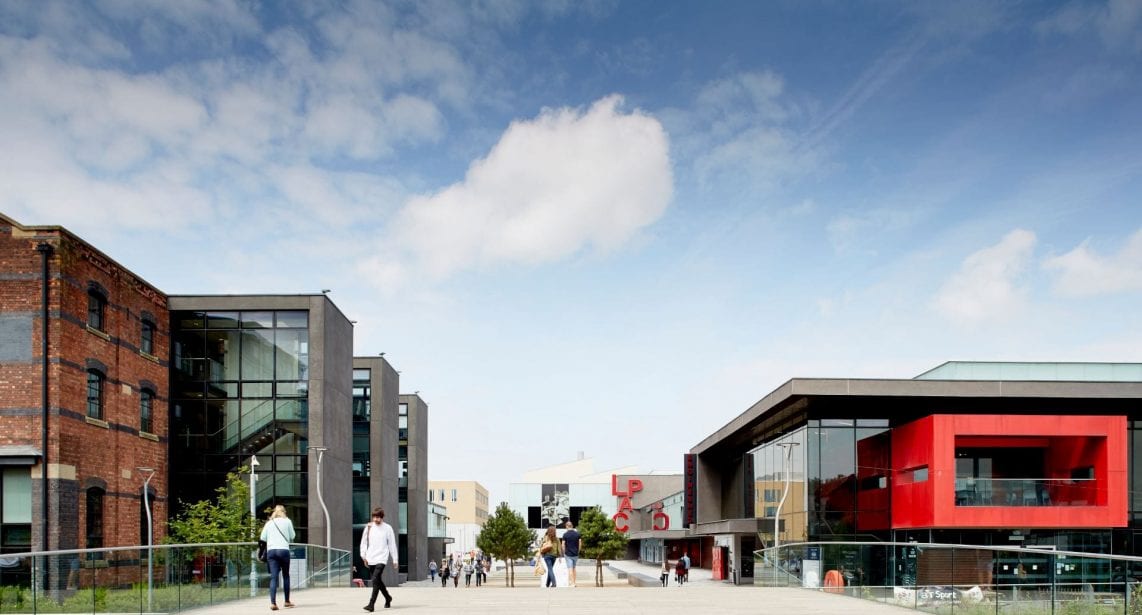Intro: no More
I last logged into my Facebook profile in December 2015. If not for that, I would probably be writing for the ‘intermediate’ strand of Thing 8. I was a member of Facebook groups, some personal and some professional, and had found the latter a useful way to find out about conferences, opportunities, and new work in medieval history. I was reasonably paranoid about my privacy settings, although I don’t think I took advantage of the feature to share posts with limited groups of people I connected with, since I operated under the assumption that anything I put on Facebook could become public at any time.
Then I decided to take a break. In December 2015, I was heading towards finishing my PhD thesis, which I would submit in September of 2016, and I decided on a little experiment: I wouldn’t log in to Facebook until after the thesis was handed in. I did so, and after the thesis was handed in, decided I would continue to stay off Facebook.
What Facebook is Good For
I want to start by acknowledging its usefulness. Jim Wright, an American political writer, says it well:
“Ten years ago, hell five years ago, I would never have guessed that Facebook would become my primary platform for day to day short form. Facebook is a horrible platform for the kinds of things I write. It’s a bastard cross between a blog and public forum and doesn’t do either very well. It’s subject to arbitrary and random censorship. There’s no protection for intellectual property at all. It lacks the most basic of editing tools and formatting functions, its search capability is ridiculous and all but useless. Facebook’s interface, timeline management, and display are one of the single most infuriatingly horrible experiences in an age of limitless customization – limitless to everybody but Facebook users that is. It’s impossible to get any kind of help from the operators and it’s subject to every kind of cyber-abuse from bullying to trolling to sexual assault.
And yet – and yet — it does one thing very, very well.
It does one thing that other technology cannot do, that traditional publishing venues cannot do.
Facebook and Twitter and Instagram and other social media platforms connect writers to people in an organic, viral, geometrically expanding manner that is completely impossible anywhere else and that has never existed before.”
-Jim Wright, Stonekettle Station [1]
This has stuck in my head since I read it a year ago. Wright makes his living writing about American politics on his blog, Stonekettle Station, and on social media. The rest of the post discusses how social media has facilitated his writing career and the careers of other writers. For him, and for other writers and creators, Facebook and other social media platforms provide a unique way to engage with their audiences as well as create, share and promote their work.
Conclusion: Not Me
As I mentioned in the beginning of this post, I have been absent from Facebook for nearly three and a half years. I don’t see myself going back to it anytime soon, for the following reasons:
- Time: I can replace the amount of time I used to spend on Facebook with activities that help me work towards personal and professional goals.
- Community: I am fortunate to have a community of friends, family, and professional contacts who I can reach through other means. [2]
- Happiness: I am happier engaged with smaller groups of people, either face to face, by email, or by letter.
- Control: I like being able to separate or very selective mix my personal and professional lives. I feel like I have a greater degree of say over the crossover between the two that occurs online by staying away from Facebook.
One thing that browsing the suggested links for Thing 8 has made clear to me is that I should delete or at least deactivate my Facebook profile if I’m planning to stay away long term…
Postscript
A few months ago I went to the event ‘Focus on Digital Literacy’ at the University of Coventry, where the talk by Dr Daniel Villar-Onrubia focused on tools such as Data Selfie, which social media users can employ to see how their data is being shared and monetised. [3] While I am not at the moment an active user of social media, it is important to me to be aware of its possibilities and limitations. Finding and evaluating information is one of the key skills students get from the degree programmes I support. Awareness of social media platforms and developments strengthens my ability to promote these skills to students and staff as ones which truly are transferable, applying both to academic study and engagement with social media.
Notes
[1] Jim Wright, (2018) ‘It’s that time again’. Stonekettle Station [blog]. 5 January. Available from http://www.stonekettle.com/2018/01/its-that-time-again.html [accessed 5 April 2019].
[2] I want to acknowledge here the point that many people can’t quit Facebook or would find it very difficult to do so, personally and professionally. April Glaser, (2018) ‘The problem with #DeleteFacebook’. Slate. 21 March. Available from: https://slate.com/technology/2018/03/dont-deletefacebook-thats-not-good-enough.html [accessed 5 April 2019].
[3] A post about the conference appeared on the Mercian Collaboration Blog, here. I wrote a post about the conference and definitions of digital literacy, which can be found here
